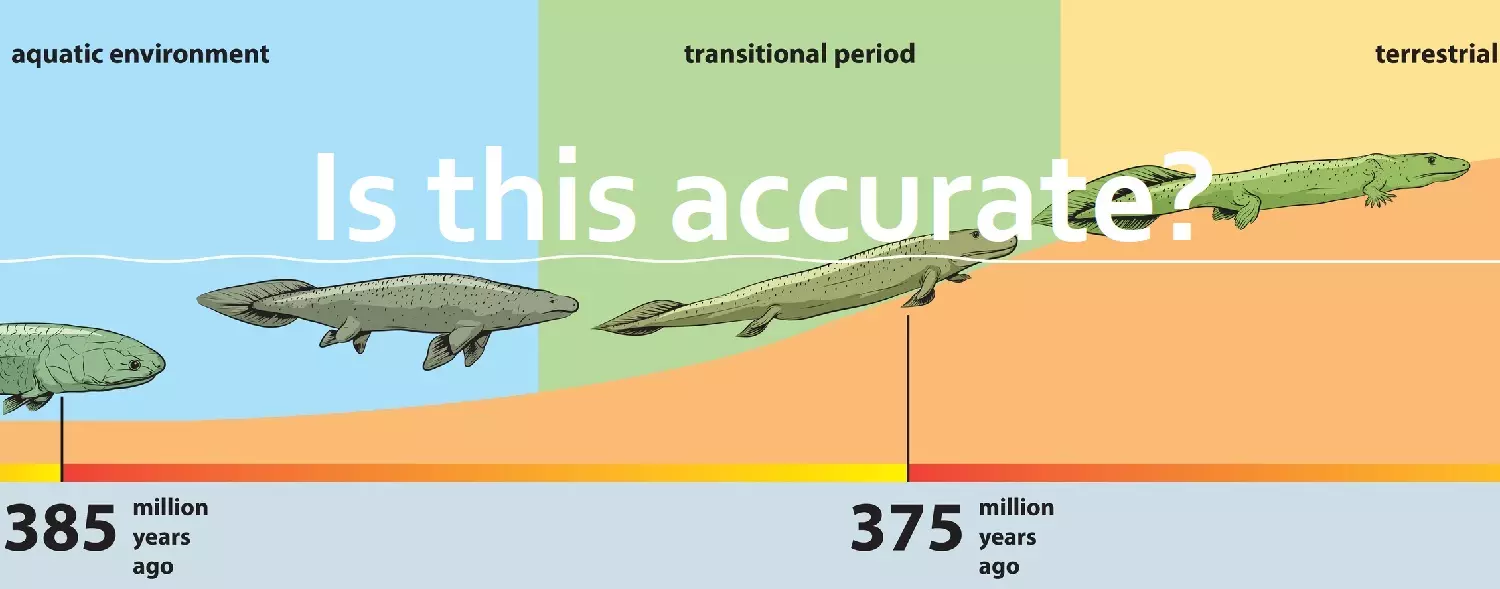As a creationist I find it interesting how the term “evolve” is used in ordinary life (outside of discussions on origins). For example, simply do a web search for various phrases like “how it evolved” and you’ll find articles on things like “How Our Technology Has Evolved Over Time.”1 This meaning of the term “evolve” to describe progressive change was not invented in Darwin’s time, but predates Charles Darwin.2
The word “evolve” is almost never used to describe anything but progressive change. It would seem downright inhuman to use it in a negative fashion like, “The Camp fire evolved Paradise, California into small piles of smoking ashes.” Nor is it used to describe random change, “A ray of sunshine evolved through a break in the clouds.”
However, if we search for examples of evolution in biology,2 the observable examples don’t express the positive characteristics that the common usage of the term “evolve” would imply.
There are examples of minor variation:
- The peppered moth shifting from light to dark colored during the industrial revolution
- Different beak sizes in Galapagos finches
- Different body sizes in cane toads
There are features that are lost in certain environments where those features are detrimental:
- Loss of eyes and pigmentation in cave fish
- Defects in bacteria to make them resistant to antibiotics
- Defects such as Sickle Cell that provide localized advantages to carriers
Other features may be described in an evolutionary way, but the cause has not been observed and are probably just inverted examples of feature loss:
- Blue Mussels that thicken their shells in the presence of Asian shore crabs, but Blue Mussels taken from areas without Asian shore crabs do not. The Blue Mussels from other areas may simply have lost that feature.
Then there are the examples where the root cause is not observed at all:
- Peacocks “evolved” bright feathers because the females liked bright feathers (How did the bright feathers form in the first place?)
- Warrior ants that have “learned” to mimic chemical signals of other ant colonies to take them over (Assumed evolutionary cause)
It’s interesting that these last examples with assumed evolutionary causes tend to be rather obscure which obfuscates their weakness. Someone is unlikely to say that, “Trees are marvelous proof of evolution because evolution favors things that grow well.” Yet, that is logically much more sound than the Peacock argument. (Why would female peacocks find bright feathered mates a survival advantage? Why didn’t she choose the strongest or fastest mate, or the one that provided the most food or built the best nest?)
In short, biological evolution does not provide progressive examples. Yet, in common usage the word “evolve” means progress. Such as: The program evolved… Our understanding evolved… “He evolved into a national player.”2 This type of “evolution” almost never comes from random chance, but is the result of intelligence, creativity, and just plain hard work. “Evolution” happens when humans express their ability to create. An ability our creator God placed within us at the very beginning.4
References:
-
-
- https://prooncall.com/how-our-technology-has-evolved-over-time/
- https://examples.yourdictionary.com/examples-of-evolution.html
- https://blog.oxforddictionaries.com/2015/05/08/evolution-etymology/
- http://www2.philly.com/philly/sports/colleges/villanova/villanova-jalen-brunson-national-player-of-the-year-ncaa-mens-college-basketball-20180306.html
- Genesis 1:27
-






